Saving... Please wait..!
Syngas Hydrogen Conversion and Reducing Canada's Carbon Footprint - Global Energy Show
How Hydrogen Conversion Can Reduce Canada's Carbon Footprint
In order for companies to fight against climate change, they must take advantage of groundbreaking technologies, such as syngas hydrogen.
A hydrogen production company, OMNI Conversion Technologies, is committed to using waste and converting it to hydrogen. This technology process aims to reduce methane, and ultimately Canada’s carbon footprint.
In our latest 5x5 series interview, Rod Bryden, founder of OMNI Conversion Technologies, sat down with Rachel Gregory, Digital Host at The Global Energy Show, to discuss how his company turns waste into hydrogen.
Global Energy Show - Rod Bryden, Chairman & CEO of OMNI Conversion Technologies
How OMNI Conversion Technologies Uses Waste to Produce Hydrogen
Rachel: Rod, you founded OMNI Conversion Technologies; tell us what you do.
Rod: OMNI is a process where municipal solid waste is put in a single integrated manufactured unit that receives that waste and produces hydrogen at the other end. There aren't any air emissions in the process, and the solid carbon deposition of the waste becomes a salable aggregate called OMNI rock. This gives a pristine treatment to municipal waste and provides hydrogen at something less than half the cost of producing the same amount of hydrogen from electrolysis.
The Benefits of OMNISyngas Hydrogen
Rachel: Can you tell us more about OMNISyngas? What is it, and what are the benefits?
Rod: OMNISyngas is synthetic gas produced and then used as feedstock as entry into pure hydrogen production. It can also be used to make synthetic natural gas by recombining a molecule of carbon with hydrogen. The only reason one would do that would be to put it in the pipeline, which, so far, cannot take high quantities of hydrogen. The synthesis gas itself can be used as a fuel where the end purpose is either operating a turbine or creating heat.
The big advantage is that the energy in the syngas production has a negative carbon footprint. There's less carbon dioxide in the atmosphere arising out of the processing of the waste, which removes what otherwise would've become methane and the creation of valuable fuel. When you combust that fuel, there's an actual negative carbon footprint.
The Standard Commercialization of Innovative Hydrogen Production
Rachel: Earlier this year, you announced the first sale of the waste to hydrogen product that helps produce negative carbon hydrogen in California. Can you tell us more about this and what it means for the standard commercialization of this product?
Rod: The purchase was to allow this technology to move immediately into the market, and it is being used by H Cycle, a development company in California, to process waste from a city and convert that into hydrogen, which will be used to replace hydrogen in oil or biodiesel refineries. Without our production methods, hydrogen would otherwise have come from natural gas that reduces the carbon footprint, which is very valuable in California because they're used in the transportation sector.
The Carbon Intensity Impact of Hydrogen Production Through Waste
Rachel: What are the differences in making H2 from OMNI 200 GPRS versus electrolysis? What is the carbon intensity impact?
Rod: Electrolysis is the process of taking water and passing electricity through it. In the electrolysis platform, the hydrogen is separated from the oxygen. Then, the oxygen is exhausted, the hydrogen is captured, and you have pure hydrogen. If we generate electricity, like solar or wind, then the hydrogen is green, there is a very small carbon footprint near zero.
In our case, the energy we process comes from waste. The energy from that waste goes directly to produce hydrogen from our synthesis gas. It does not go first to electricity and then to hydrogen; it goes from waste to synthetic gas to hydrogen. Just the way hydrogen is produced today from synthetic gas made from natural gas. So, what we're really doing is substituting waste for natural gas in the production of syngas to make hydrogen.
OMNI Conversion Technologies’ Place in The Future Energy Mix
Rachel: What is OMNI CT's role in the energy transition? Where do you see yourself in the current and future energy mix?
Rod: Well, the world is transitioning away from fossil fuels. With carbon dioxide released into the atmosphere, we play the role of taking waste that would otherwise become methane; which has been identified as the most rapid impact of CO2 at this moment. And, that the “so-called” fast track to getting to net-zero is to reduce methane dramatically. So, as we process municipal solid waste, we eliminate the methane that would've come and produce hydrogen. Today, only limited amounts can move by pipeline. Still, we're hopeful and expect that pipelines will wish to be the conveyor of produced hydrogen as they are today the conveyor of natural gas.
As we transition to that, OMNI will allow low-cost hydrogen to be available with a negative carbon footprint with the electrolysis is at zero or nearly zero. We will also be able to avoid using renewable electricity to produce syngas hydrogen by using waste that would otherwise be a problem and a methane generator.
How Reducing Methane Through Unique Hydrogen Production Impacts Climate Change
When methane is continuously emitted into the atmosphere, it greatly affects climate change and global warming. It’s imperative that companies such as OMNI Conversion Technologies continue to create solutions in reducing greenhouse gas emissions, carbon monoxide and dioxide to create a better solution for the world.
If you're interested in learning more about energy innovations from the people actively changing the game in North America's energy industry, register for the next Global Energy Show today.
Syngas Hydrogen Conversion and Reducing Canada's Carbon Footprint - Global Energy Show
Beware of email scams
DMG Events has been informed from several exhibitors are receiving scam emails . Please be aware these offers are fraudulent. These scammers do not have any relationship with DMG Events.In accordance with GDPR, CASL and other jurisdictional data privacy regulations, DMG Events will never sell your data to any third party organisations. Please see our Privacy Policy for more information regarding how DMG Events will process and store your information.





